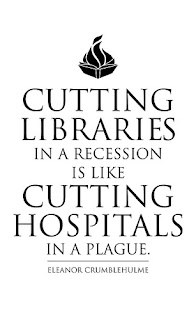Who Do You Write Like?
 There’s a website called “I Write Like” that claims to analyze your writing style and word choices and then tell you what famous writer your style most resembles.
There’s a website called “I Write Like” that claims to analyze your writing style and word choices and then tell you what famous writer your style most resembles. So I submitted the text of my recent blog on Steve Jobs—“Jobs’ Response: Almost Perfect” —from My Three Cents, and I learned that I write like … immortal Irish writer James Joyce, author of Ulysses, Finnegans Wake and A Portrait of the Artist as a Young Man, among other great books!
I had two conflicting reactions. First, this was pretty amazing news to someone who really struggled with composition in high school. (I even had tutors help teach me how to refine my writing skills.) If I can do it, I thought, anyone can.
My next reaction was: I should be flattered, but I’m not. I’ve never been a James Joyce fan – and I don’t think my writing is anything like Joyce’s. So the site’s analytical tools may have a few bugs! Further, in the interest of full disclosure, other samples of my writing were compared to the work of Boing Boing editor Cory Doctorow and The DaVinci Code’s Dan Brown. That made me feel a bit better, but then I could never write a novel – be it like Brown or anyone else’s.
So do you still want to try this site with your own writing? See what you think. Maybe it will boost your ego, too. (For best results, you’re supposed to submit at least a couple of paragraphs.)
Technorati Tags: I Write Like, Steve Jobs, James+Joyce, Dan Brown, communications, public relations, Makovsky








